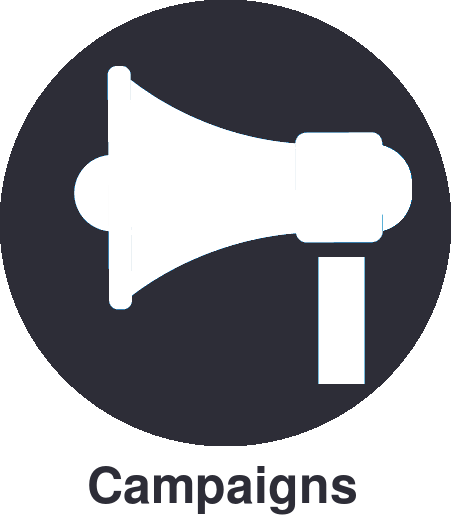The Health and Human Services Network of California is a coalition of advocates, community practitioners, and program clients working together for strong health care and human services in California. The Network brings together people who are committed to strengthening and protecting public programs that support the basic human needs we all share, including healthcare, programs that support seniors and people with disabilities, emergency food and nutrition programs, CalWORKs, resources for survivors of domestic violence, child care and child safety, women’s health care and community health clinics, and AIDS prevention.
The HHS Network and the people it represents call on state leadership and legislators to stand with us to:
- Invest in marginalized programs and communities that have been repeatedly underfunded in state budgeting decisions, including SSI recipients, CalWORKs families, and homeless and undocumented individuals.
- Continue to strengthen core safety net programs by building upon recent investments in programs like CalFresh and emergency food assistance, affordable child care slots, and the California Earned Income Tax Credit (EITC). These programs are effective and provide vital supports for Californians in need.
- Uphold California values by protecting all immigrants in California, preserving recent healthcare gains, and defending investments in our low-income residents.
We need California’s leadership to react to the state’s poverty crisis with the urgency it deserves and make lasting and equitable anti-poverty investments a priority in our state in order to help every Californian to a place of dignity.
HHS Network 2018-2019: Legislative and Budget Priorities
Restore the SSI/SSP grants and annual Cost-of-Living Adjustment (COLA). 1.3 million low-income seniors and people with disabilities rely on SSI/SSP to meet basic needs. Homelessness, hunger, and illness are on the rise as the state’s continued disinvestment forces SSI grants below 90% of the Federal Poverty Level (FPL).
Increase CalWORKs grants to at least 50% of the FPL and add annual COLAs. The maximum CalWORKs grant is less than half the FPL and the median grant is just one quarter of the FPL.
Increase access to affordable, flexible child care options to families on the waiting list. CA is providing affordable child care to nearly 20% fewer children than it did before the recession leaving hundreds of thousands of children on waiting lists across the state.
Expand healthcare for undocumented adults. Advance Health4All by covering adults who would be eligible for full-scope Medi-Cal but for their immigration status.
Raise the Medi-Cal Aged and Disabled (A&D) income eligibility threshold. Decrease the number of low-income seniors losing free Medi-Cal by increasing the A&D Program income level to 138% FPL, an amount equivalent to other Medi-Cal income levels for adults.
EITC? Criminal justice? Housing?
Nearly 8 million Californians are living in poverty.[1]
- More than 1 in 5 California children lives in poverty. Nearly 1 in 12 lives in deep poverty, putting them at severe risk of hunger, homelessness, and toxic stress.[2]
- Children of color disproportionately experience poverty. If the poverty rate for Black and Latino children were equal to the poverty rate of white children, the state’s child poverty rate would be cut in half.[3]
- More than one quarter of California seniors cannot afford enough food.[4] Seniors and persons with disabilities on SSI/SSP still struggle to meet their basic needs because the state’s continued disinvestment leaves the maximum grant below 90% of the federal poverty level.
- Half of all poor families with young children have at least one adult working full-time, but affordable childcare still out of reach for many. A typical single mother needs to spend nearly 70% of her income to pay for child care.[5]
- 1 in 5 California households spend more than half their income on housing expenses.[6] The housing crisis is increasing homelessness, hunger, poor health outcomes for Californians across the state.
- Undocumented Californians continue to be excluded from access to health care and other vital services due to immigration status, even as they face life or death health situations.





